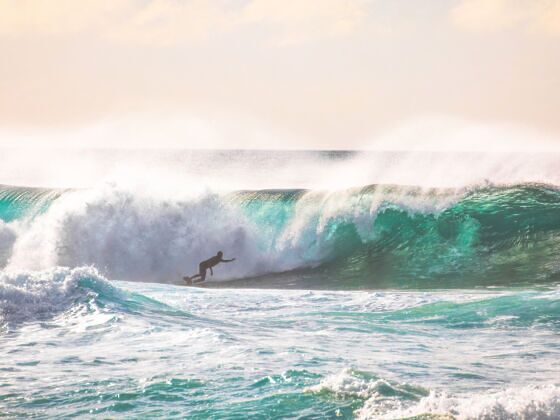“We who live in the Gulf Coast are resilient. We are used to dealing with disasters, with all these hurricanes and everything. We just pull up our pants, put on our shoes, go clean it up and move forward.”
“Fisherman Extraordinaire” Captain Wes Rozier had barely taken a breath while explaining to me how he and his panhandle fishing business had been faring since crude oil reached the shores of Texas to Florida two months ago.
